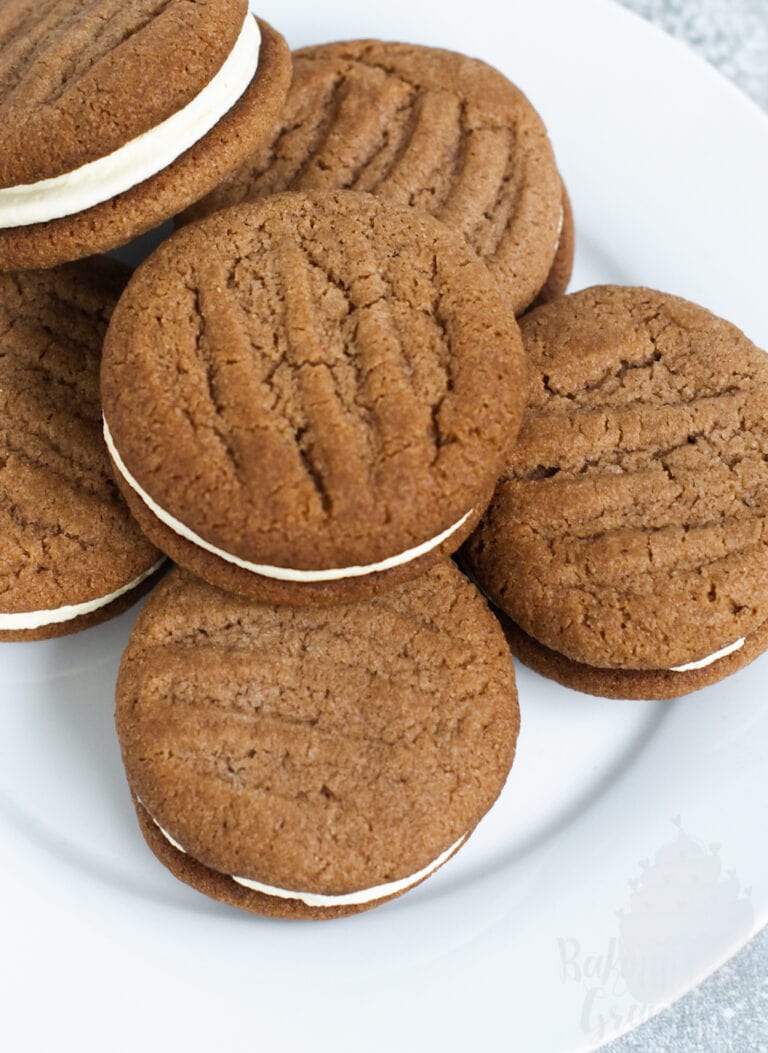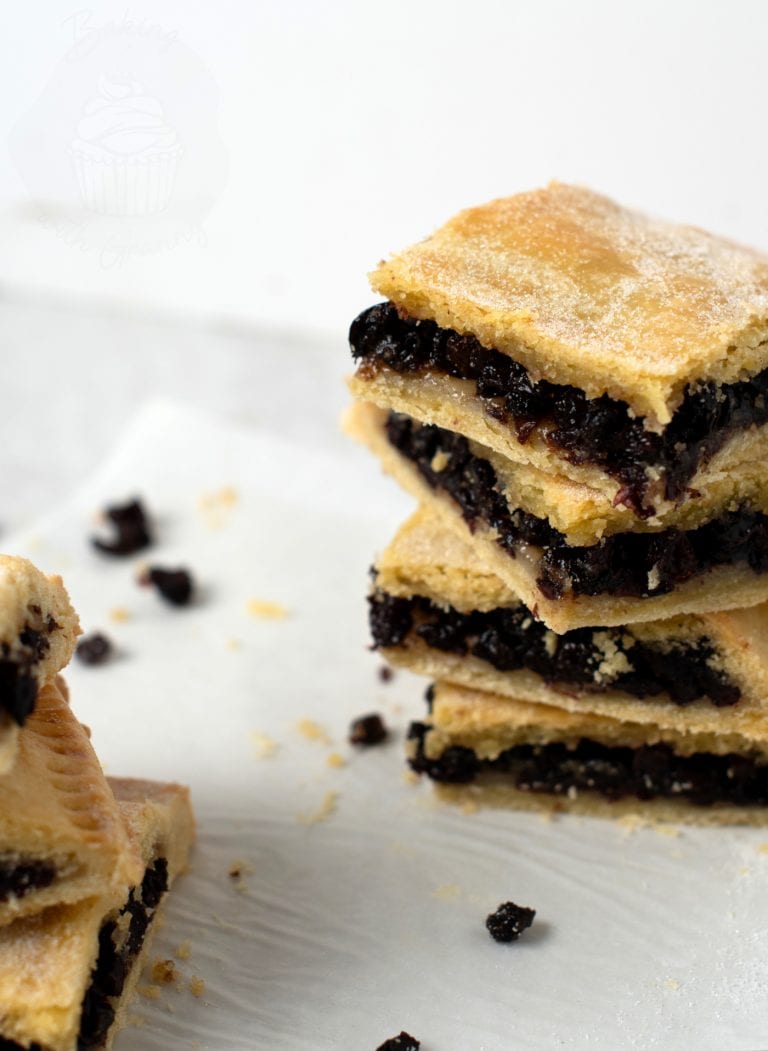Oatcakes
We’re big fans of oats in our house. From the daily porridge requests each morning, to endlessly trying to perfect flapjack (which I will finally share when I eventually do!), we just can’t get enough of those little super-grains. If there’s one oat classic that always feels a little bit special to me, it is…

We’re big fans of oats in our house. From the daily porridge requests each morning, to endlessly trying to perfect flapjack (which I will finally share when I eventually do!), we just can’t get enough of those little super-grains. If there’s one oat classic that always feels a little bit special to me, it is Oatcakes.
I think it’s the fact we’re usually known to indulge in them with some posh cheese and nice chutney, so whenever we do have Oatcakes I always end up feeling like it’s a special occasion. The funny thing is, though, that their origins are anything but fancy; oatcakes were actually first produced as a more sustainable substitute for bread for us folk up here in Scotland. Plus, they’re super cheap to make and super easy, too! A mere three ingredients, with a little salt and a dash of water, and you’re good to go.
Top Tips for Homemade Oatcakes:
• Porridge oats are our favourite for Oatcakes but you can experiment with different types of oats for different textures.
• A lot of Oatcakes recipes call for Bicarbonate Soda or Baking Powder, however, with the absence of any acid, there’s no real need for these ingredients.
• Why not try adding a little grated cheese or some poppy seeds to your oatcakes for varying flavours?


Oatcakes
PRINT RECIPEINGREDIENTS
- 225 g Oats
- 60 g Plain Flour
- 1 tsp Salt
- 60 g Vegetable Shortening
- 60-80 ml Hot Water
INSTRUCTIONS
- Pre-heat your oven to 190°c and grease a baking tray.
- Mix the oats, flour and salt together in a large bowl.
- Add the vegetable shortening and rub together until the mixture resembles large breadcrumbs.
- Gradually add the water a little at a time until you have a thick dough.
- Roll the dough on a floured surface to around 5mm thick. Cut your oatcakes with a cookie cutter into your desired shape, or alternatively you can simply cut with a knife.
- Place your oatcakes onto your pre-greased tray and bake for 20-30 minutes until dry and lightly golden. It’s also a good idea to turn the oatcakes at least once during baking to prevent them being dry & golden on one side and soggy on the other.
IMPORTANT NOTE:
All my recipes are developed using a digital scale and the metric system (grams and millilitres). Cup measurements are available as a conversion but these, unfortunately, won’t always be as accurate. For best results, I always recommend baking with a digital scale.






Can I use vegetable suet rather than vegetable shortening?
I bet you can. Cut the recipe in half and give it a try.
This receipe is just what Ive been looking fot. But I live i Asia and we dont have vegetable shortening. What can I subatityte.
Thank you Ruth
Try lard or butter. Some recipes use butter.
I had not tried making oatcakes before (although I bake a lot) but I saw the recipe on your page and any other recipe of yours that I tried has been absolutely great – success every time!! I started making your oatcakes since lockdown and I am thrilled with the result. I dry fry seeds in a pan and add this to the mixture – oh! that crunch is delicious.
Thank you for your simple, full proof recipes.
So easy to make and they turned out perfect for this non baker. Don’t think I will ever buy oatcakes again after using this recipe.
When you say “A lot of Oatcakes recipes call for Bicarbonate Soda or Baking Powder, however with the absence of any acid there’s no real need for these ingredients.” I thought that bicarb releases gas firstly in reaction to acid, and secondly in reaction to heat, so it would still have an effect even in the absence of acid (like in a sponge cake)